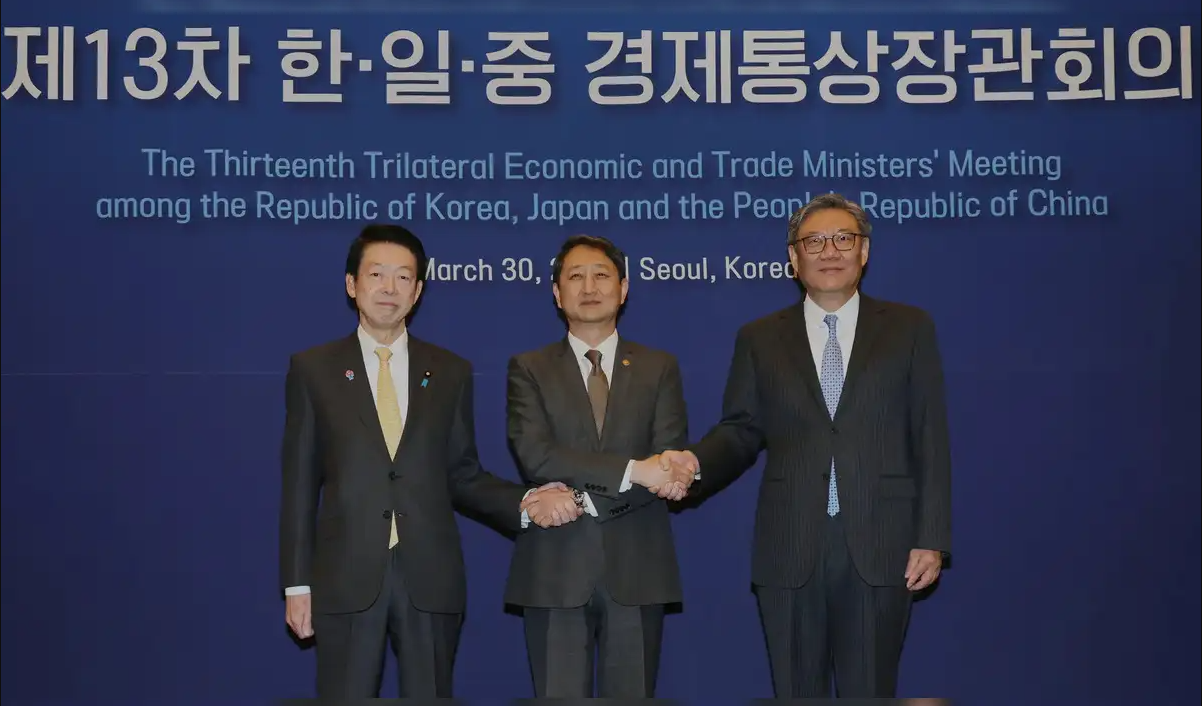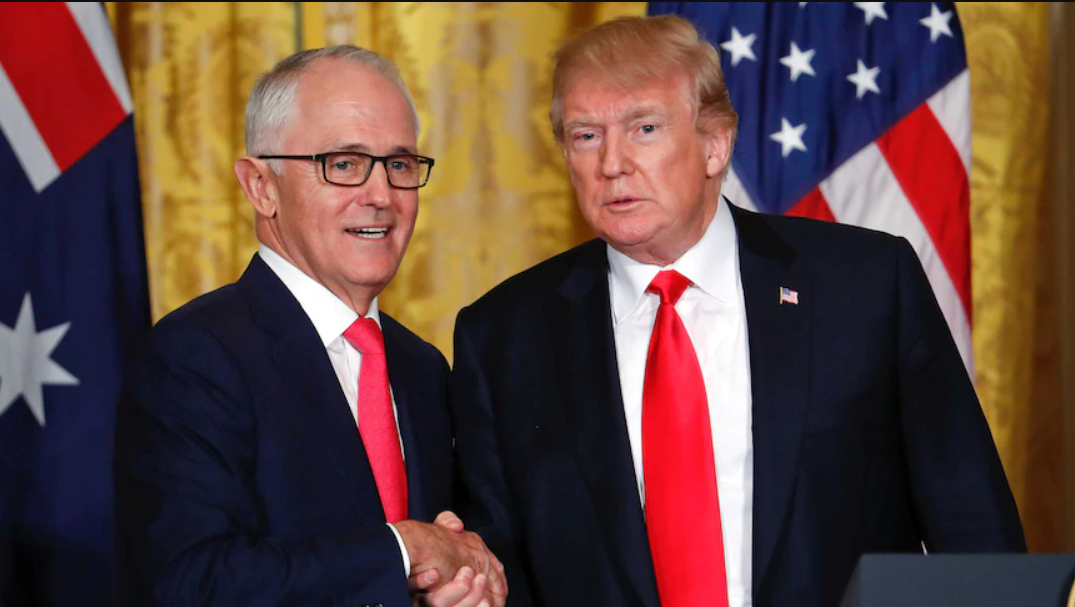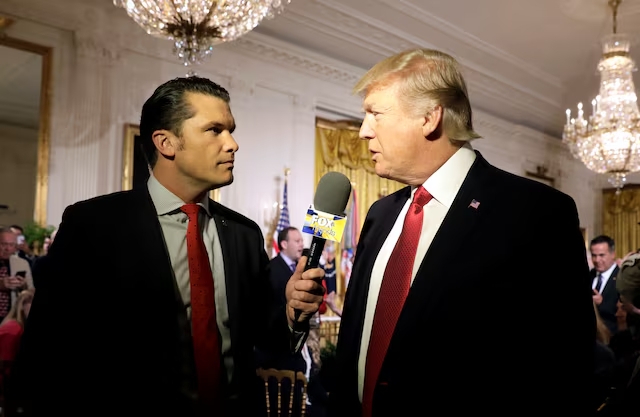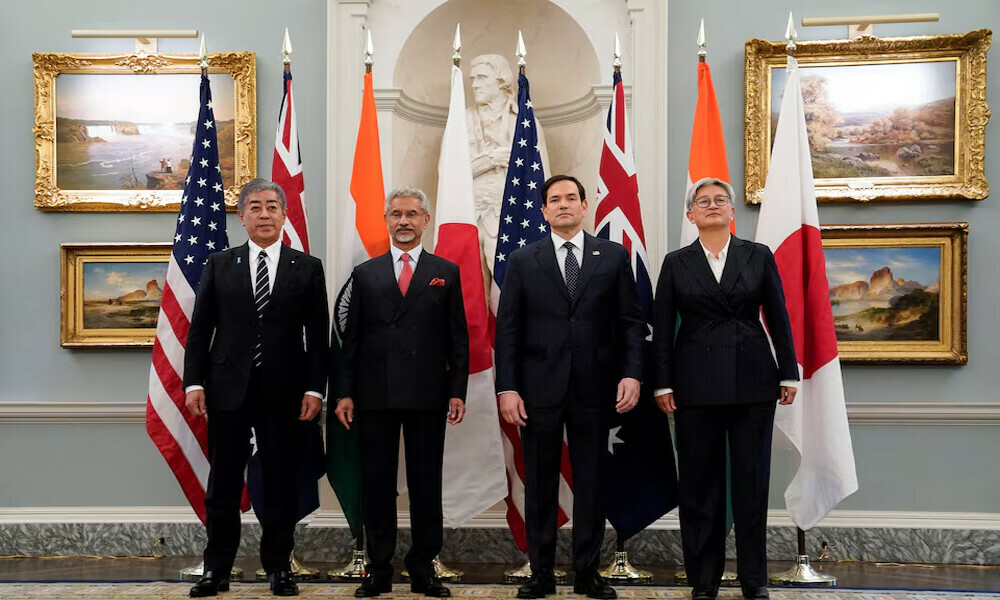
Zhang Yun, Professor, School of International Relations, Nanjing University
Apr 11, 2025
The tariffs will not spell the end of alliances between the United States and Japan or South Korea, but they are likely to promote a strategic awakening in both countries and accelerate the integration process in East Asia.

Du Lan, Deputy Director at Asia-Pacific Institute, China Institute of International Studies
Apr 10, 2025
The Indo-Pacific Strategy of Trump 2.0 remains unclear, although consensus has been reached on major power competition. If a new Indo-Pacific Strategy now emerges to build U.S. advantages against China, it will be designed to serve core MAGA goals.

Zhang Tuosheng, Principal Researcher at Grandview Institution, and Academic Committee Member of Center for International Security and Strategy at Tsinghua University
Apr 10, 2025
Here are some suggestions for promoting peace, stability and development in the Asia Pacific region. For starters, to avoid bloc politics and confrontation or even a new cold war in the Asia Pacific, China, the U.S., Russia, Japan and India should actively develop new dialogues and exchanges and build on existing ones.

Brian Wong, Assistant Professor in Philosophy and Fellow at Centre on Contemporary China and the World, HKU and Rhodes Scholar
Mar 04, 2025
Peter Hegseth’s inability to name an ASEAN country underscores the Trump administration’s broader indifference to Southeast Asia, favoring trade protectionism, military burden-shifting, and transactional diplomacy over sustained regional engagement.

Ghulam Ali, Deputy Director, Hong Kong Research Center for Asian Studies
Mar 04, 2025
The Asia-Pacific region began to exhibit signs of easing major geopolitical tensions in late 2024, but has started to heat up again following President Trump’s return to power in the White House. During the ‘easing’ period, although low-level disputes persisted in the vast region, in the South China Sea, and in cross-strait relations, the risk of a conflict involving regional heavyweights was not imminent.
Richard Javad Heydarian, Professorial Chairholder in Geopolitics, Polytechnic University of the Philippines
Feb 14, 2025
The latest moves by Trump’s administration are a sharp pivot into new, seemingly accommodating foreign policy. Would less U.S. presence around the world embolden China to make aggressive moves into contested spaces?

Zhao Minghao, Professor, Institute of International Studies at Fudan University, and China Forum Expert
Dec 20, 2024
Increased cooperation among Quad countries and partners in the Indo-Pacific region poses a challenge for Chinese diplomacy. The new U.S. president will not only inherit the security framework built under Joe Biden, but is likely to harden it even further. Thus, China has reason to worry that tensions will rise and that new hot spots will be created.

Brian Wong, Assistant Professor in Philosophy and Fellow at Centre on Contemporary China and the World, HKU and Rhodes Scholar
Oct 30, 2024
The recent meeting between Chinese President Xi Jinping and Indian Prime Minister Narendra Modi at the BRICS summit highlights a crucial shift toward economic growth and rebuilding their relationship amid ongoing competition and territorial disputes. Ultimately, it’s imperative the two countries find ways to bolster trust, facilitate communication, and identify common ground moving forward.
Li Yan, Director of President's Office, China Institutes of Contemporary International Relations
Oct 08, 2024
The institutionalized quadrilateral dialogue is now a leading alliance network of the U.S., alongside its bilateral alliances in the Asia Pacific. But there are differences within the Quad that are larger with regard to global hot spots such as the Ukraine crisis and the Palestinian-Israeli conflict.
Zhang Wenzong, Associate Research Fellow, CICIR
Sep 11, 2024
In the run-up to the 2024 election, we can see how domestic politics bring changes to U.S. foreign policy. Interest groups in crucial swing states will play an outsize role in U.S. policy formulation, and their influence will extend beyond their actual voting power.